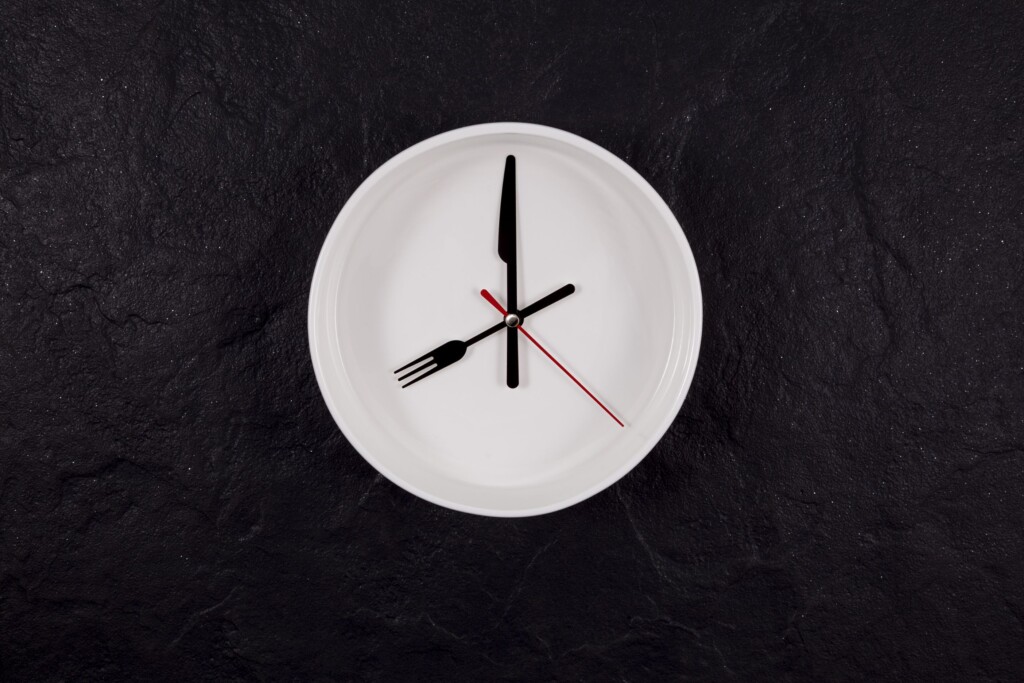Autophagy, a term derived from Greek words meaning “self-eating,” is a biological process where the body recycles its own damaged cellular components. This process plays a crucial role in maintaining cellular health and function. Recent advancements in science have suggested that it may also play a significant role in skin health, particularly in tightening loose skin.
The Problem of Loose Skin: Can Autophagy Be the Answer?
Loose skin can be a frustrating issue, often resulting from significant weight loss or the natural aging process. Many people wonder if there’s a natural solution to this problem. Autophagy, with its ability to recycle and rejuvenate cells, could be a potential answer to this common skin concern.
Autophagy and Loose Skin: The Scientific Connection
How It Works to Tighten Loose Skin
It works by breaking down damaged proteins, cells, and other cellular components, recycling them into new, healthy ones. This process is believed to help tighten loose skin by breaking down the excess skin left after weight loss or aging and replacing it with healthier, tighter skin.
It is not just about skin tightening; it’s also about overall skin health. By recycling damaged cells and proteins, it helps maintain the health and longevity of the skin, potentially slowing down the aging process and reducing the appearance of wrinkles and fine lines.
Autophagy for Stretch Marks: Beyond Anecdotal Evidence
The Potential Benefits of Autophagy for Stretch Marks
While there are no definitive studies examining the impact of autophagy on stretch marks, anecdotal evidence suggests that it may help reduce their appearance. By speeding up the recycling of damaged skin tissue, it could potentially help diminish the look of stretch marks.
A Closer Look at Stretch Marks
Stretch marks occur when the skin is stretched significantly, causing damage to the collagen and elastin fibers. Autophagy, with its ability to recycle damaged proteins and cells, could potentially help repair this damage and reduce the appearance of stretch marks.

Autophagy and Skin Tightening: Real-Life Before and After Results
Transformation Stories
It is a natural process, and it takes time to see results. However, many individuals have reported noticeable skin tightening after several months of inducing autophagy through methods like fasting, exercise, and cold showers.
Does Autophagy Help with Loose Skin? Evidence and Testimonials
The question “Does it help with loose skin?” is a common one. While scientific research is ongoing, anecdotal evidence and testimonials suggest that it can indeed help with skin tightening.
The Benefits of Inducing Autophagy for Skin Tightening
Why It Should Be Your Go-To Strategy
Inducing autophagy has multiple potential benefits for skin health, including skin tightening and anti-aging effects. By recycling damaged cells and proteins, it helps rejuvenate the skin, potentially reducing the appearance of loose skin and stretch marks.
The Anti-Aging Benefits
In addition to its potential skin-tightening effects, it may also have anti-aging benefits. By maintaining cellular health, autophagy could potentially slow down the aging process and keep your skin looking youthful and healthy for longer.
How to Induce Autophagy for Skin Health: A Comprehensive Guide
Fasting: A Powerful Duo for Skin Tightening
Fasting is one of the most effective ways to induce autophagy. When the body is in a state of nutrient deprivation, it turns to autophagy to recycle damaged cells and proteins, providing the necessary nutrients for survival. This process can also promote skin tightening by breaking down excess skin and replacing it with healthier, tighter skin.
Exercise, Diet, and Cold Showers
Regular exercise, a healthy diet, and cold showers can also induce autophagy. Exercise puts the body under physical stress, triggering it to replenish nutrients and maintain energy balance. A diet rich in vegetables and herbs can boost it, while cold showers can increase metabolism and induce autophagy.
Conclusion
Autophagy is more than just a biological process; it’s a key to skin tightening and longevity. By embracing it, you can potentially improve your skin health, reduce the appearance of loose skin and stretch marks, and slow down the aging process.
The Future of Skin Care
As we continue to learn more about it and its effects on skin health, it’s clear that this process will play a significant role in the future of skincare. Whether you’re dealing with loose skin, stretch marks, or just want to maintain your skin’s health and youthfulness, this method could be the answer you’re looking for.

FAQs
Is 16 hours enough for autophagy?
Yes, 16 hours can be enough to start, but the exact time frame can vary from person to person. It is generally understood that autophagy usually initiates after 12-16 hours of fasting and peaks around 48-72 hours. However, these figures are influenced by numerous factors such as your metabolic rate, your diet, and your general physical health. Please consult a healthcare professional for personalized advice.
Is autophagy the same as ketosis?
No, they are not the same, but they are related biological processes that can happen concurrently. Ketosis is a metabolic state where the body, due to lack of sufficient carbohydrates, starts producing ketones to use as fuel. This often happens during fasting or following a strict ketogenic diet.
On the other hand, autophagy is a cellular process that recycles damaged or unnecessary components to provide the necessary building blocks for maintaining cellular functions or adapting to stress. It often gets initiated under conditions of nutrient deprivation, such as fasting, but it’s not exclusive to the state of ketosis.
What kicks you out of autophagy?
Autophagy is an adaptive response to stress, specifically nutrient stress. Therefore, reintroducing nutrients to the body, such as by eating or drinking certain beverages, can kick you out of it. Intake of proteins or carbohydrates, in particular, can inhibit it as they activate the mTOR pathway, a key regulator of it.
It’s important to note that autophagy is a natural and continuous process in our cells, but the level of it can vary depending on various factors.
Does autophagy burn belly fat?
It does not specifically burn belly fat. However, the process of autophagy is enhanced during periods of fasting, and fasting can lead to weight loss, including belly fat, due to a caloric deficit. It’s worth noting that weight loss from fasting can be from both fat and lean mass, and where the body chooses to lose fat from first is largely determined by genetics.
Remember, sustainable weight loss is typically best achieved through a balanced diet and regular exercise. Always consult with a healthcare professional before beginning any new diet or exercise regimen.
Can I drink water during autophagy?
Yes, you can and should drink water. In fact, during periods of fasting, which is when autophagy typically increases, staying hydrated is incredibly important. Drinking water does not interrupt the process. In addition to regular water, drinking black coffee or tea, which have minimal to no calories, is also usually permitted during periods of fasting.
How do I know if I am in autophagy?
It is a cellular process and it is challenging to measure directly, especially in humans, outside of a scientific research setting. There are no clear signs or symptoms that can indicate if your body is undergoing autophagy. Certain conditions are known to increase it, such as fasting, low protein consumption, and exercise, but this doesn’t guarantee that it is happening at a particular moment.
Is 24 hours fast is good for autophagy?
Yes, a 24-hour fast can be beneficial. It’s widely understood in the scientific community that autophagy is typically upregulated in the body during periods of nutrient deprivation, such as fasting. A 24-hour fast can be a period long enough for it to be initiated and to reach a significant level, as most studies suggest that it typically begins after 12-16 hours of fasting.
That said, the exact time required for it to start can vary from person to person and is influenced by factors such as metabolic rate, diet, physical health, and even genetic factors.
While fasting can have potential benefits including promoting it, it’s important to approach it mindfully. Extended fasting periods should be undertaken with care and ideally under the guidance of a healthcare professional, particularly for those with pre-existing medical conditions, or for those who are pregnant, breastfeeding, or under the age of 18.
For specific information about your health and body’s processes, it is always best to consult with a healthcare professional.
Remember, while the concept seems promising, more research is needed, particularly in human subjects. Always take a balanced approach to your health and consult with a healthcare provider before making significant changes to your diet or lifestyle.
Clearing Up Misconceptions
There are many misconceptions about autophagy and skin health. For example, some people believe that it can only occur during fasting, but this is not true. It can also be induced through exercise, a healthy diet, and cold showers. It’s also important to note that while autophagy can help improve skin health, it’s not a cure-all solution and should be part of a comprehensive skincare routine.




